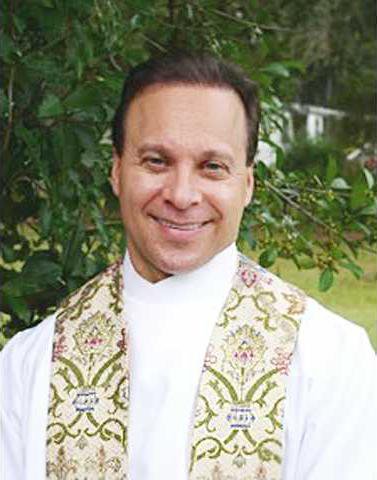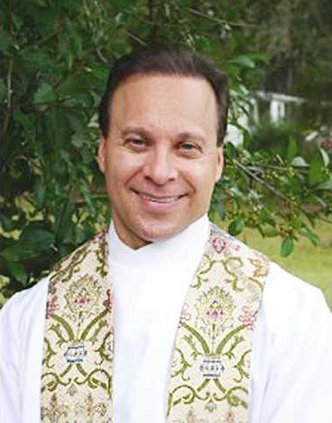I have found that God does this amazing thing when we are present during the death of a loved one. When the time comes for that person to move on, and when the veil between heaven and earth becomes increasingly thin, God creates what can only be called “holy moments” for those who make themselves truly “present.”
These holy moments may be found in something as small as a brief conversation, a smile, or even the squeeze of a hand, but they are profound. Often, the impact of such a moment doesn’t hit us until later. But one thing is clear: There was a reason for it, and God was behind that grace. And the only thing we brought to the table was our willingness to be available for it.
I have experienced many such moments that I will never forget and will always treasure as God’s clear hands at a time of grief, assuring me of His never-failing goodness. You may also recall such a profound experience in your life. I regret that so many stay away in the final days, often afraid to see those they care about in weakened state, not sure what to say or how to act. Don’t let that be you; take the risk and go visit.
The bedside of the dying is sacred space, and I believe God bids us to occupy His sacred space as caretakers. The reward is an experience that is deeply moving and encouraging, if we will simply open our eyes and extend our gaze beyond our grief.
I remember a wonderful scene in the HBO movie entitled “Wit,” which depicted the true story of Dr. Vivian Bearing (played by Emma Thompson) — an exceptional English literature scholar, specializing in the poetry of John Donne. She was brilliant but also had a sharp and hurtful wit which tended to alienate students as much as teach them. As a professor without peer, Vivian was in control of her life, and she needed nothing, or so she thought.
Then she was diagnosed with a rare form of ovarian cancer. She was confronted with a life event for which all her accolades had not prepared her. She no longer had all the answers. And, more disconcerting, she was no longer in control. She embarked on an experimental treatment program, and was subjected to humiliating tests and procedures. All to no avail; her condition continued to deteriorate. Ironically, she found herself struggling with the same questions John Donne struggled with centuries earlier, such as the meaning of life and the love of God.
Then, near the end of the movie, Vivian Bearing’s own mentor — the one under whom she had done her doctoral work — came to town to attend a grandchild’s birthday. She was not aware of Vivian’s sickness. She found Vivian in the hospital, barely conscious and near death.
Her friend and mentor tries to comfort her, but at first, is unsure what to do. She says, “I know! I’ll recite something by Donne.” To which Vivian responds, “No!”
Then the friend does something very interesting. She takes off her shoes and curls up on the edge of the bed, holding her friend as a mother might cradle a child, and pulls out one of the books she had bought for her grandchild’s birthday. Then she begins to read “The Runaway Bunny” — a children’s tale about a mother bunny who assures her child threatening to run away that she will pursue him wherever he goes, because he is her little bunny.
As she reads it, Vivian’s mentor says to her, “You see, it’s a little allegory of the soul — wherever it hides, God will find it.” So, holding her tenderly, and reading the simple story of unfailing love, the professor helped Vivian drift into a peaceful sleep, and then into death. She lifts her sights heavenward, and loves by imitating God — by being present, selfless, compassionate, gentle, and loving.
As a pastor, I am not only touched by that scene, but am also reminded how often we have the opportunity to bear witness to a life when that soul leaves this earth, to share a sacred place with a loved one who is dying, to move past the anxiety and fear to be part of a message God has for all of us at the time when we are most experiencing the frailty of human life — that He will never let us go.





